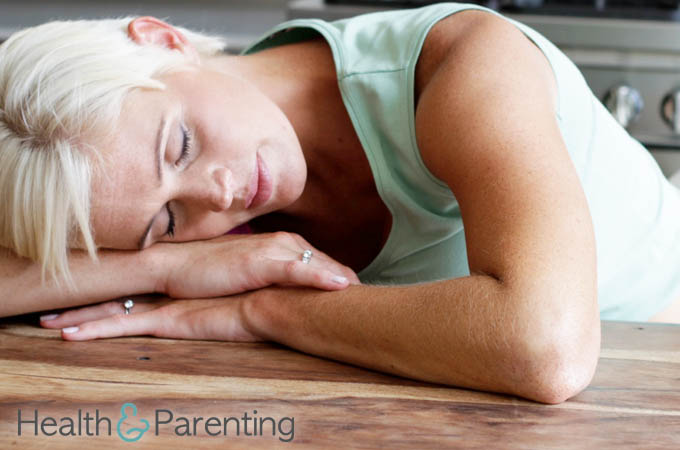Energy levels during the first trimester
Many women notice a drop in energy levels during the first trimester. In fact, falling asleep on the sofa before dinner may have been one of the first clues you might be pregnant. The pregnancy hormones and rapidly developing fetus can leave you feeling a little washed out in those first few months of pregnancy.
Energy levels during the second trimester
As the pregnancy hormones even out, and fetal development slows to a more manageable pace, you may experience an increase in energy levels during the second trimester. The second trimester is often thought of as the best trimester. For most women, the sickness and fatigue of the first trimester are behind them, and the aches and discomfort of the final months have not yet begun.
Energy levels during the third trimester
During the final trimester, the baby begins to pile on the pounds in preparation for for the birth. This excess weight can begin to take its toll on your energy levels. You may find it a bit more difficult to get around during the final months, and may be starting to feel those infamous aches and pains of pregnancy. You may also be finding it more difficult to sleep now, with your growing bump preventing you from getting comfortable, and the baby performing acrobatics in your uterus.
If you’re suffering from low energy during pregnancy, no matter which stage you are, there are some things you can try for an energy boost:
- Take regular exercise – if you’re struggling for energy, you may not feel like exercising, but it could help. Exercising regularly can help to keep energy levels up. Even a 30 minute walk around your neighbourhood could do you the world of good.
- Embrace naps – naps aren’t just for babies, they’re for pregnant women, too. If you’re feeling a little sleepy, go for a nap. There’s no shame in grabbing sleep while you have the chance.
- Listen to your body – don’t over do it. You probably have lots of commitments and things you feel you should be doing; but if you’re tired, spend some time resting. The low energy levels could be a sign that you’re doing too much, so give yourself chance to recuperate.
- Stay hydrated – you should be drinking eight 8-ounce glasses of water a day during pregnancy. Tea, coffee, fruit juices and sodas count towards this total – it doesn’t all have to be water. Staying hydrated can help keep energy levels high.
- Eat energy foods – not the sugary, processed snacks you might usually go for when you need a quick pick-me-up, but real energy food. Bananas, nuts, seeds and beans are all good high-energy foods to help give you a boost.
- Eat little and often – keep your blood sugar levels up by eating six small meals a day. Have healthy snacks, such as nuts and seeds, with you to snack on throughout the day.
- Eat iron – having low iron levels can leave you feeling exhausted, so make sure you have enough iron in your diet. Green leafy vegetables, nuts and seeds are all good sources of dietary iron.
What are you doing to boost your energy levels during pregnancy?
Written by Fiona, proud owner of a toddler, @fiona_peacock
This information is not intended to replace the advice of a trained medical doctor. Health & Parenting Ltd disclaims any liability for the decisions you make based on this information, which is provided to you on a general information basis only and not as a substitute for personalized medical advice. All contents copyright © Health & Parenting Ltd 2018. All rights reserved.











